What does SUD stand for...
Substance Abuse Disorder
Define “trigger.”
(A person, place, emotion, or situation that causes the urge to use)
Name a healthy coping skill for stress.
(Deep breathing, journaling, walking, Fishing, etc.)
What is one way to manage your time better in recovery?
(Using a schedule, setting reminders, prioritizing tasks)
What does “casting a line” represent in early recovery?
Reaching out for help or trying new tools and support systems.
1st symptom experienced as a sign you're developing a substance abuse disorder...
Increased tolerance
What is a craving?
(An intense desire or urge to use a substance)
What is the 5,4,3,2,1 mindfulness meditation exercise?
Five things you see, four things you can touch, three things you can hear, two things you can smell, one thing you can taste.
Why is having a daily routine helpful in recovery?
(It creates structure, reduces boredom, and supports consistency)
What is the recovery version of a fishing “net,” designed to catch you when you fall?
Your support system—counselors, peers, family, or sponsors.
What does “relapse” mean in recovery?
(Returning to substance use after a period of sobriety)
Name an example of an external relapse trigger.
People, places, activities, objects, and situations
What is emotional regulation?
(Managing and responding to emotions in healthy ways)
What is a budget, and why is it important?
(A financial plan to manage money and avoid financial stress)
What has keys but can’t open locks?
A piano
Define the term “abstinence.”
Avoiding all use of drugs or alcohol completely)
Name one internal trigger.
(e.g., loneliness, anxiety, anger)
What’s one way to practice self-care?
(Sleep, eating well, hobbies such as FISHING, setting boundaries by saying no, etc.)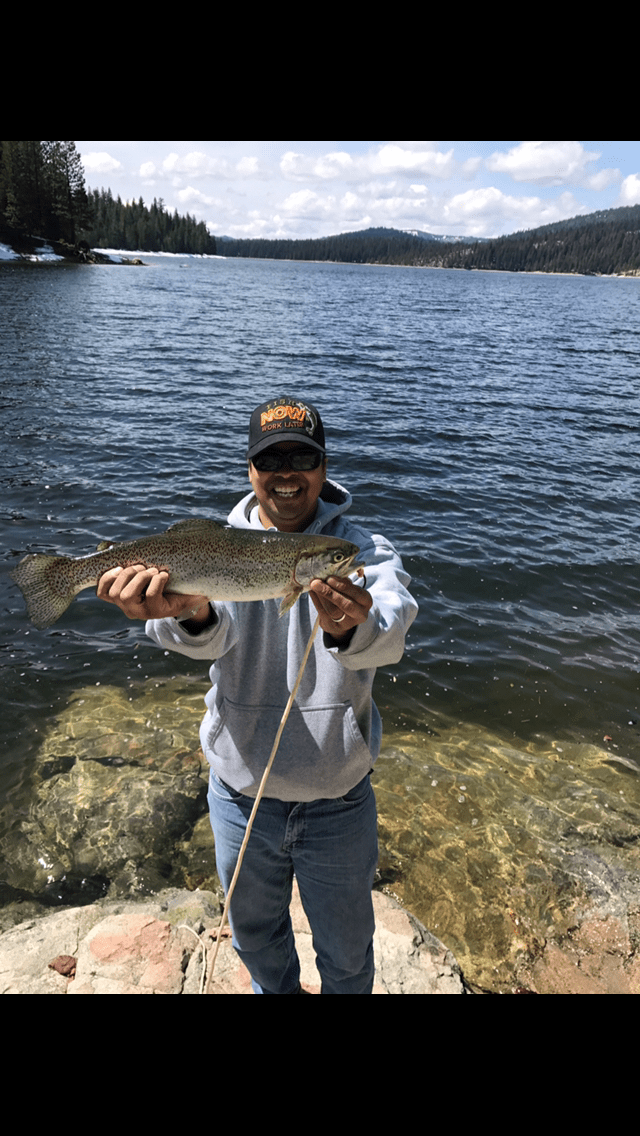
How can setting boundaries help you stay sober?
(It protects your peace, prevents relapse, and supports healthy relationships)
What does “checking your line” mean in recovery terms?
Self-reflection—checking in with yourself emotionally and mentally.
Most common addiction across the nation...
- Alcohol
- In 2020, an estimated 28.3 million people aged 12 or older reported struggling with AUD, representing 10.2% of this age group.
How long does an average craving usually last?
(15–30 minutes)
What is this called
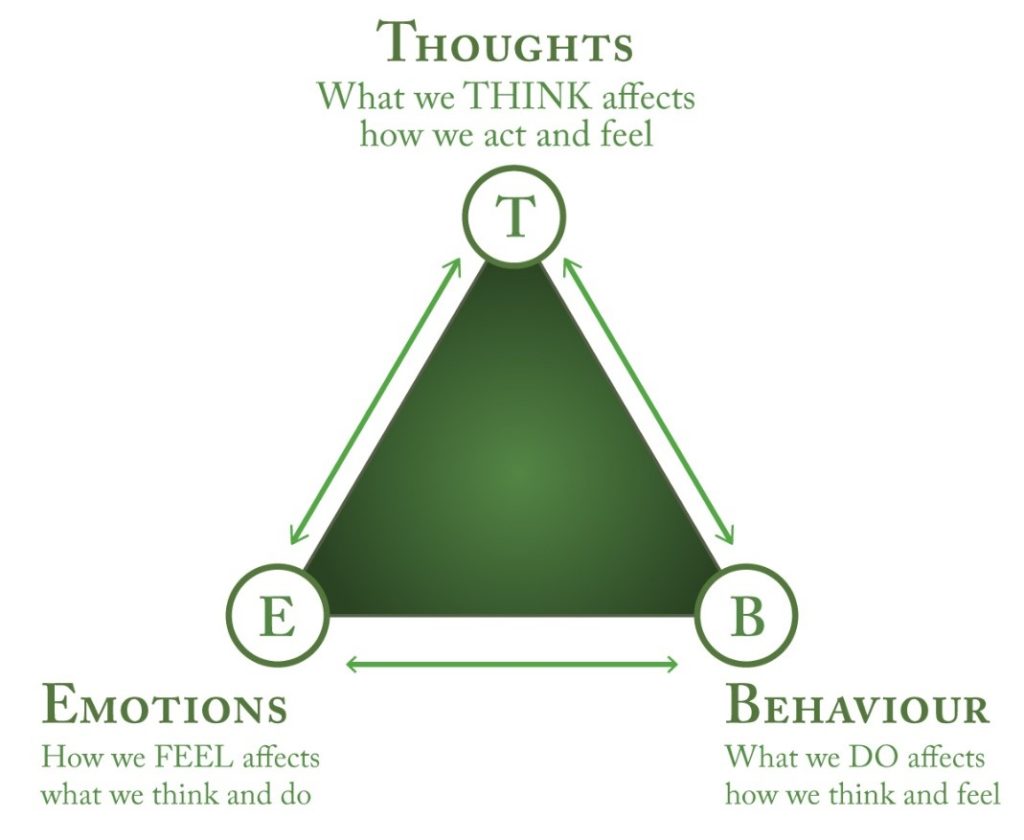
Cognitive Triangle
Name a healthy habit that supports long-term recovery.
e.g., meal prepping, morning routines, regular sleep schedule, FISHING!!!!!!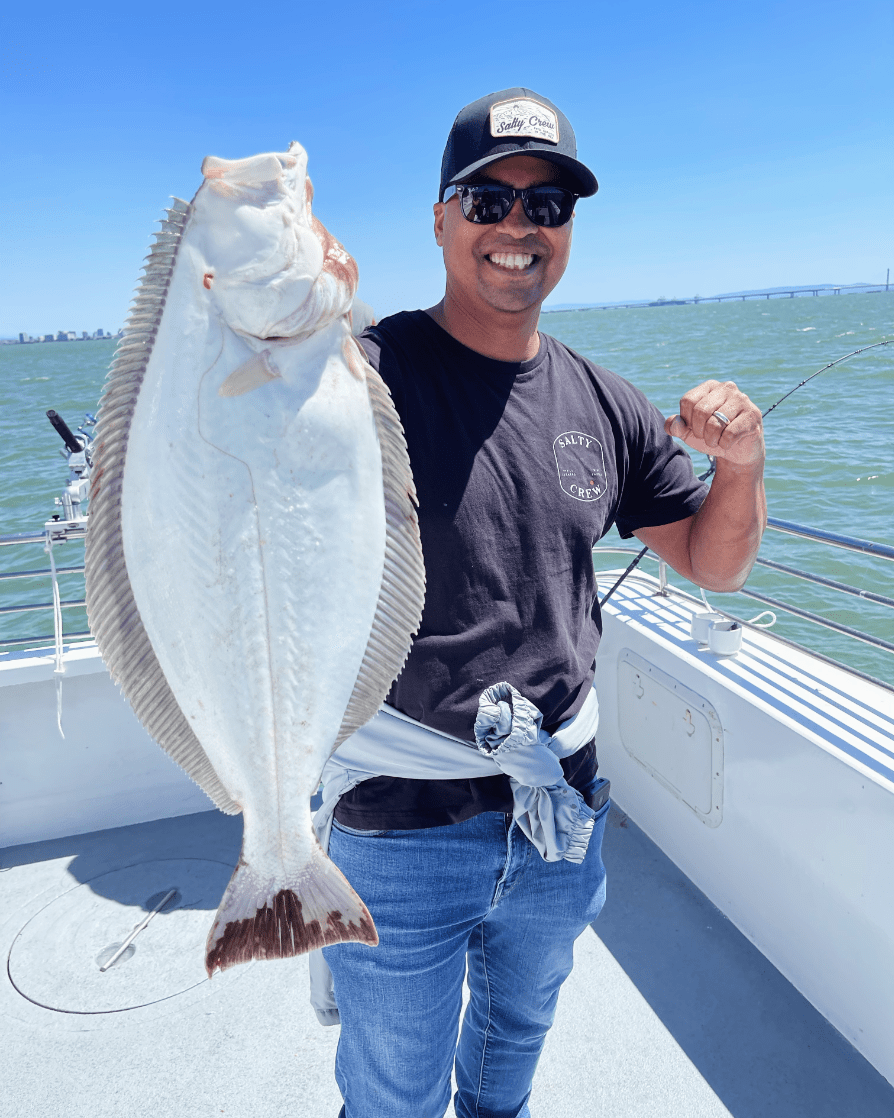
I have cities, but no houses. I have forests, but no trees. I have rivers, but no water. What am I?
A map
Name a key benefit of long-term recovery.
(Improved health, memory, relationships, job stability, self-esteem, etc.)
What is a high-risk situation?
(A circumstance where relapse is more likely)
How does exercise help with recovery?
(Reduces stress, improves mood, boosts health)
What does "accountability" mean in recovery?
Being responsible for your actions and choices)
What’s the recovery version of switching bait if the fish aren’t biting?
Trying new strategies or therapies when current ones aren’t working.
Why is honesty important in the recovery process?
It builds trust, allows for genuine self-reflection, and is essential for personal growth and effective treatment.
What’s one way to cope with a trigger?
(Call someone, leave the situation, mindfulness meditations, e.g., Pause and Breathe, GO FISHING!!!!!)
What’s the difference between avoiding and coping?
(Avoiding suppresses emotions; coping addresses them)
What’s one way to improve communication in relationships?
(Active listening, using “I” statements, staying calm)
What are two acronyms for
FEAR
Fu#%ck Everything And Run
Face Everything And Rise
I would also accept...
False Evidence Appearing Real
What’s the difference between physical and psychological dependence?
Physical involves withdrawal symptoms; psychological involves emotional cravings and compulsions.
How does your brain react to a trigger on a neurological level?
Triggers activate the brain’s reward system, releasing dopamine and creating a craving or urge by recalling past substance use and the “high” associated with it.
How does self-compassion help in recovery, especially after setbacks or relapses?
Self-compassion reduces shame and guilt, encourages accountability without self-punishment, and helps individuals stay engaged in the recovery process instead of giving up.
What does it mean to be emotionally independent?
(Being able to manage your emotions without relying on substances or others to "fix" them)
Justin says it at the end of every group. "I wish you all....."
LOVE, PEACE, & CHICKEN GREASE
With continued substance abuse, the brain will stop producing this brain chemical that enables pleasure..
Dopamine
What role does mindfulness play in managing cravings?
(It helps you observe the craving without reacting to it)
Name 3 healthy ways to deal with anger.
(Deep breathing, talking it out, physical activity, FISHING, etc.)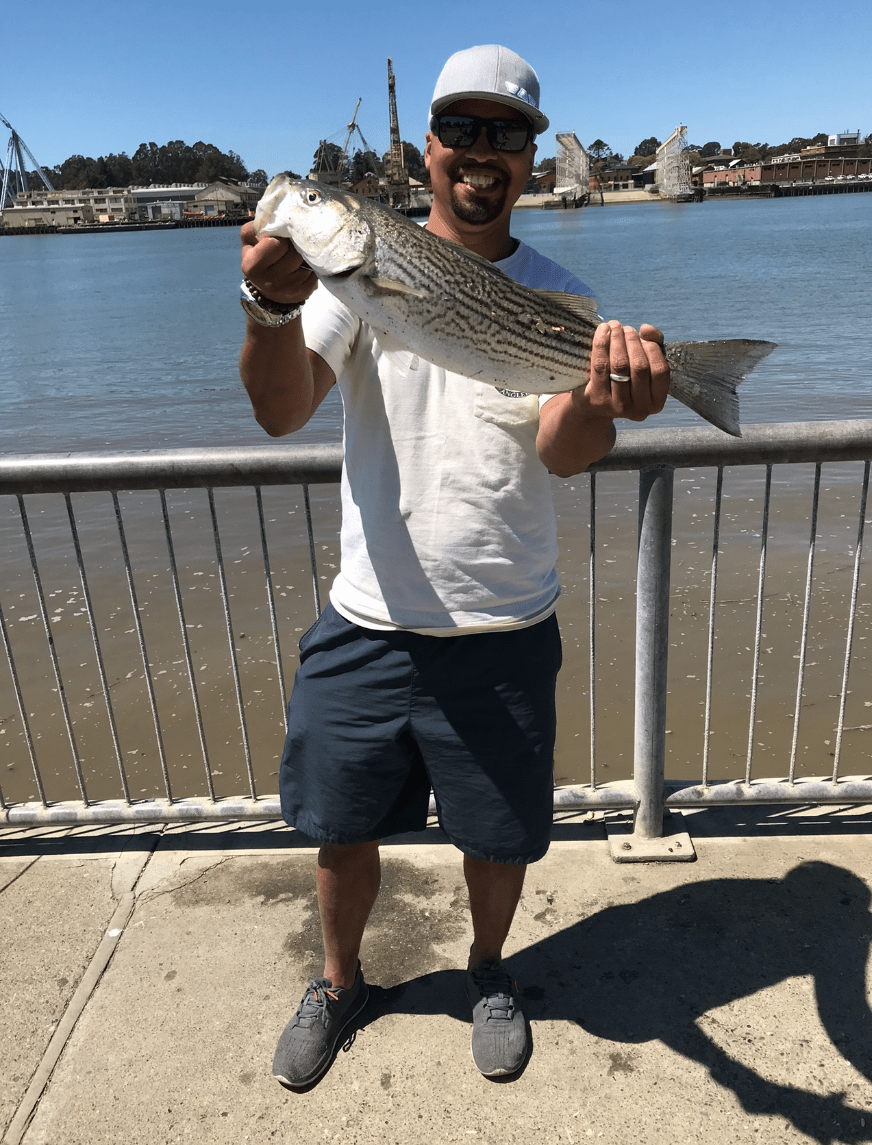
Why is self-awareness important in recovery?
(It helps you notice patterns, triggers, and emotional responses)
Poor people have it. Rich people need it. If you eat it you die. What is it?
Nothing
Is the fastest addicting drug...
Nicotine
Name 3 coping tools to deal with cravings.
(Examples: grounding, calling a sponsor, exercise)
How can practicing gratitude support your mental health and recovery journey?
Gratitude shifts focus away from stress and negativity, builds resilience, and promotes a positive mindset, which can reduce the risk of relapse.
Name a strategy to manage boredom, which can increase the risk of relapse.
(Hobbies: FISHING, volunteering, learning new skills)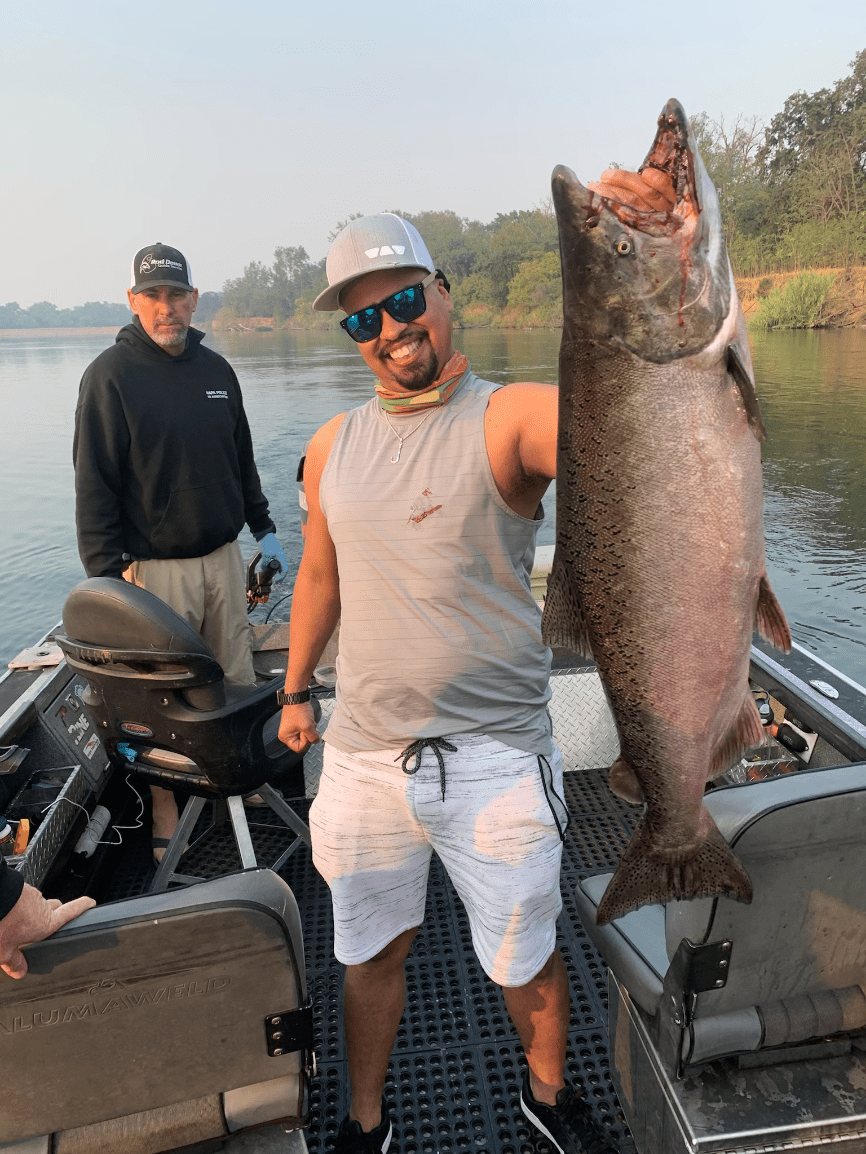
I have pointed fangs, and I sit and wait. I have piercing force, and I crunch with weight. I grab my victims, but they do not fight. I join them each with a single, quick bite. What am I?
A stapler.